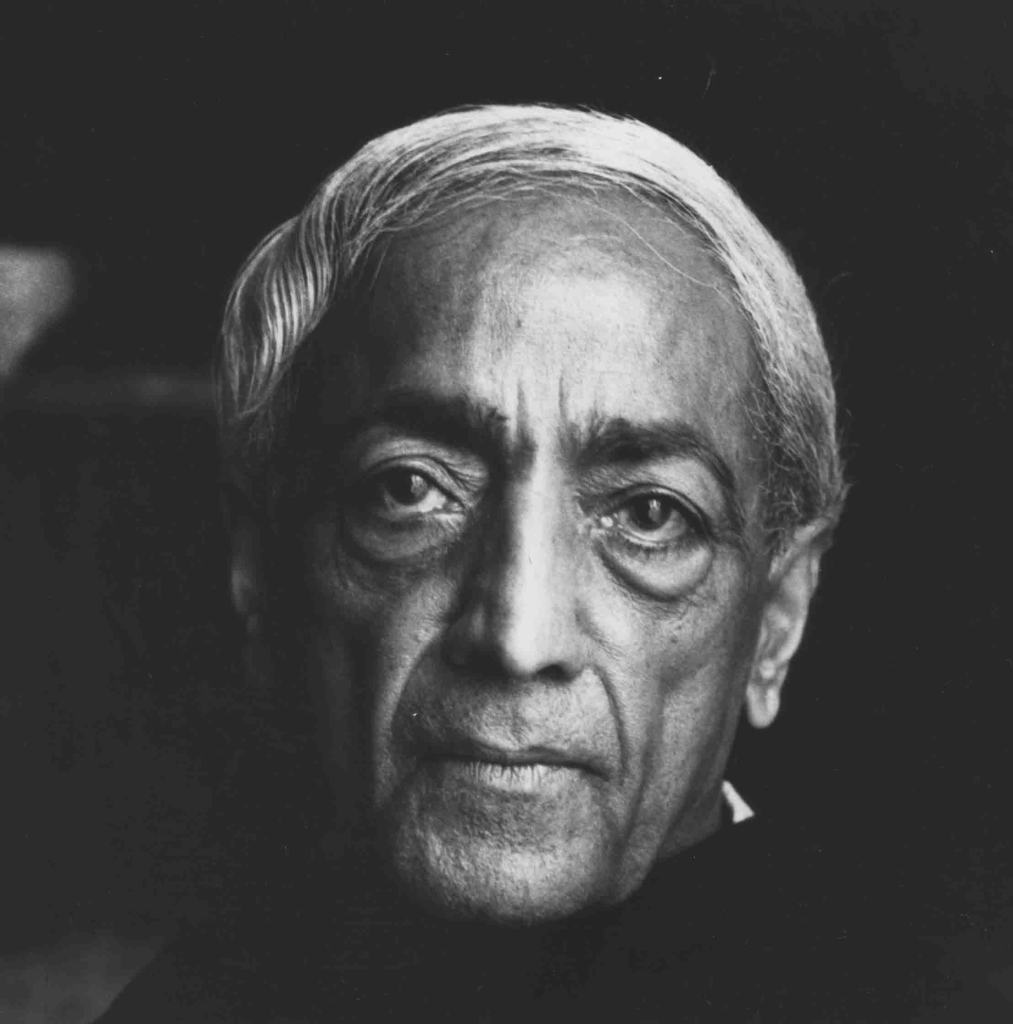Thoughts on Optimism, Pessimism and Fear
In Will Smith’s 2013 movie After Earth his character distinguishes the difference between Danger and Fear;”Fear is an illusion, Danger is real. ” In physically demanding collision/impact sports the most prevalent characteristic between the great athletes and the average ones is usually the ability to overcome the fear of hurting yourself. Fear directly affects your relationships particularly the one with your sense of self, imagine the difficulty of not being able to trust yourself let alone another person. The level of trust that exist when in a partnership needs to be solid in order to be successful this foundation is built on integrity, introspection and a healthy dose of self respect.
[youtube_sc url=”https://www.youtube.com/watch?v=awys77H6sYY”]
I’ve always described myself as a realist with the heart of an eternal optimist. There is no doubt that the majority of my life decisions have been led with my heart it is my greatest strength and sometimes exploited weakness. The concept of “learned pessimism” is something I deeply agree with and a skill I’ve learned even though it doesn’t come natural. Optimism and pessimism are two different sides of the same coin, understanding this enables us to better understand and perceive the situations and circumstances we find ourselves in, as a result we learn more about our individual human qualities, would even go so far to say a greater appreciation for life. One of my favorite quotes was said by the entertainment and cultural icon Frank Sinatra, when he said “Confidence is king”. This Forbes article by Travis Bradberry is a good summary of the characteristics that embody this attitude. Continue reading
 Jiddu Krishnamurti
Jiddu Krishnamurti